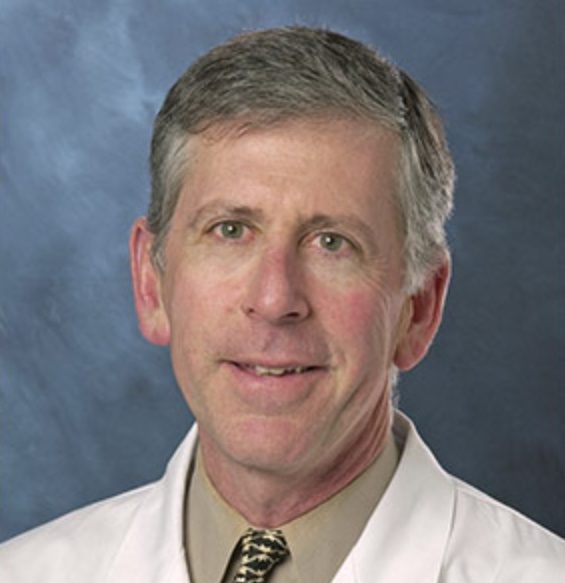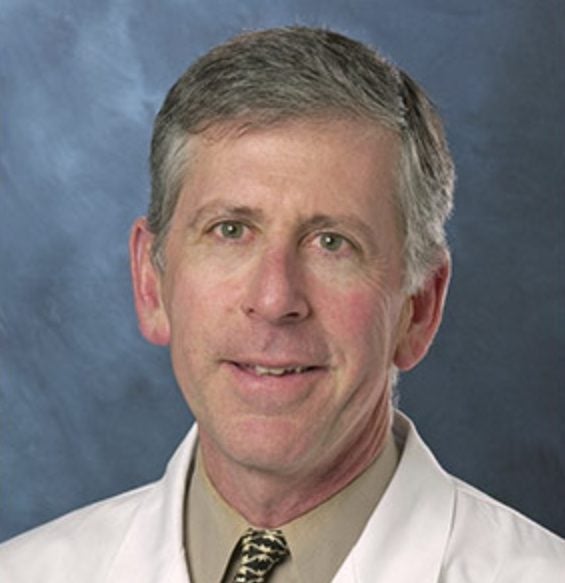
THOMAS STROUSE, M.D.
Vice Chair, Clinical Affairs
UCLA Department of Psychiatry and Biobehavioral Sciences
Professor and Maddie Katz Endowed Chair in Palliative Care Research and Education
David Geffen School of Medicine at UCLA
Dr. Thomas Strouse has been a UCLA faculty member since he completed his residency training at the university in 1991. He has spent his career working with adults coping with the psychiatric and physical aspects of catastrophic illness. Along with his current efforts to promote palliative care clinical research within the UCLA Health system, Dr. Strouse is a faculty member in the combined GLA/UCLA Palliative Medicine Fellowship, and is actively engaged with UCLA Health Operation Mend, a program for post-911 wounded United States servicemen and women. He served as the Chief Medical Officer of the Stewart and Lynda Resnick Neuropsychiatric Hospital at UCLA from 2007 through 2021, director of the UCLA Consultation/Liaison Psychiatry Service, and worked closely with the UCLA Liver Transplant Program for more than a decade.
Dr. Strouse is a Fellow of the American Academy of Hospice and Palliative Medicine, a Fellow of the Academy of Consultation-Liaison Psychiatry, and an American Psychiatric Association Distinguished Fellow. He is board-certified in general psychiatry, consultation/liaison psychiatry, and hospice/ palliative medicine. He served on the American Board of Internal Medicine Test Committee and was responsible for writing the hospice and palliative medicine subspecialty certifying exam for all North American physician candidates for the American Board of Medical Specialties. Dr. Strouse has authored many published peer-reviewed papers and book chapters and sits on the editorial boards of a number of important journals. He lectures throughout the country on topics related to pain, palliative care, psycho-oncology, and psychiatric aspects of medical illness. He received his medical degree from the Case Western Reserve University School of Medicine.
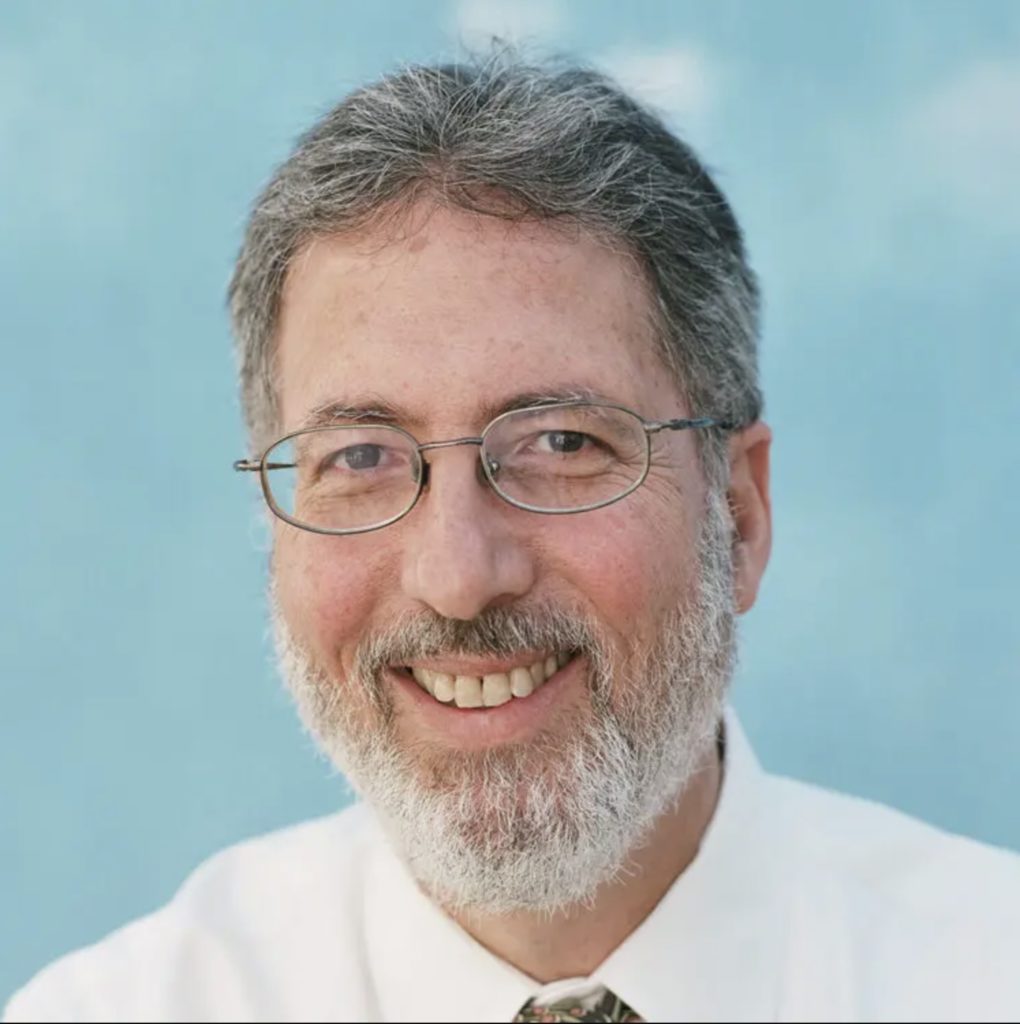
CHARLES GROB, M.D.
Professor, Psychiatry and Biobehavioral Sciences
Director, Division of Child and Adolescent Psychiatry
Harbor-UCLA Medical Center
Before joining UCLA, Dr. Charles Grob held faculty positions at The Johns Hopkins University School of Medicine and the University of California, Irvine. He has conducted approved clinical research with psychedelics since the early 1990s. From 2004-2008, he was the principal investigator of the first study in several decades to FUNDING OPPORTUNITY FOR THE UCLA PSYCHEDELIC STUDIES INITIATIVE 6 examine the use of a psilocybin treatment model for patients with advanced cancer anxiety. He also has conducted research into the range of effects of MDMA, in both normal volunteers and in a selected subject population of adult autistics with severe social anxiety. Dr. Grob has conducted a series of ayahuasca research studies in Brazil. Over the last 30 years, he has authored numerous published articles and chapters on psychedelics in medical and psychiatric literature. He is the editor of Hallucinogens: A Reader, co-editor (with Roger Walsh, M.D., Ph.D.) of Higher Wisdom: Eminent Elders Explore the Continuing Impact of Psychedelics, and co-editor (with James Grigsby, Ph.D.) of the Handbook of Medical Hallucinogens, published in 2021. Dr. Grob is a founding board member of the Heffter Research Institute.
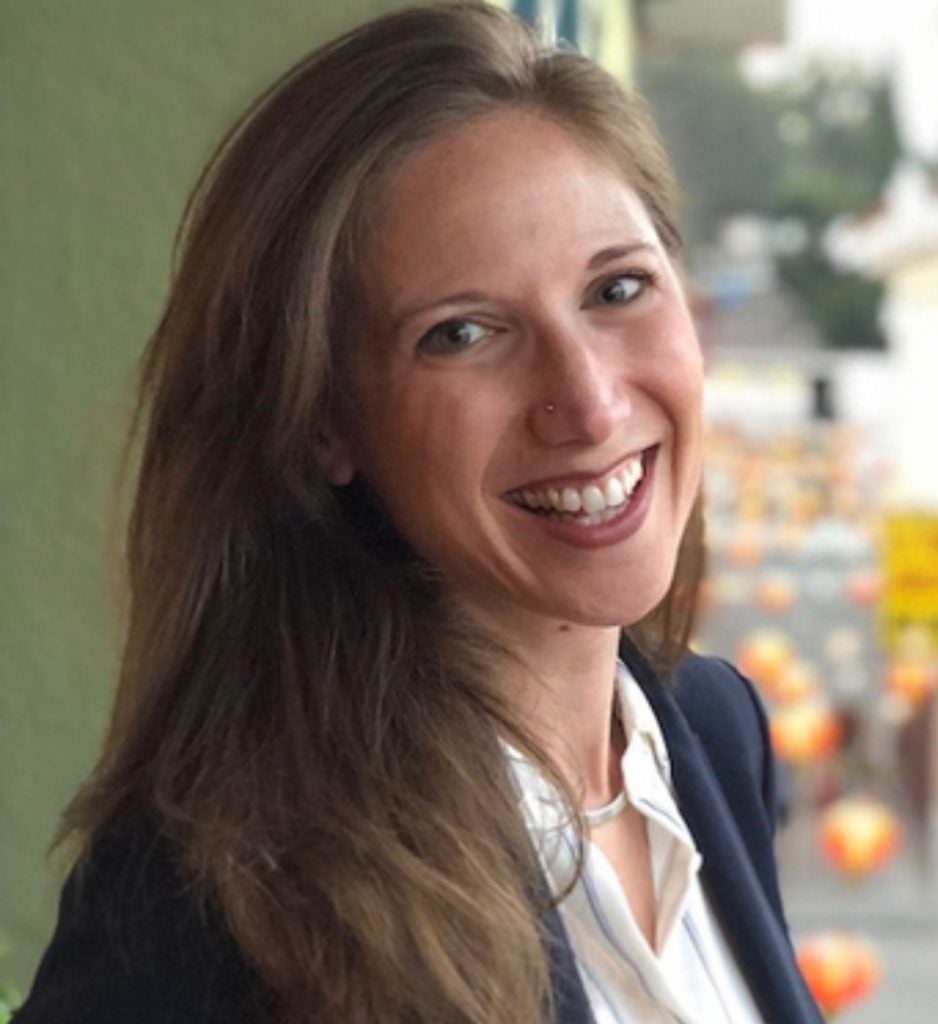
ZIVA D. COOPER, Ph.D.
Director, UCLA Cannabis Research Initiative
Jane and Terry Semel Institute for Neuroscience and Human Behavior at UCLA
Associate Professor, Department of Psychiatry and Biobehavioral Sciences
David Geffen School of Medicine at UCLA
Dr. Ziva Cooper’s research involves understanding the variables that influence both the therapeutic potential and adverse effects of cannabis and cannabinoids through doubleblind, placebo-controlled studies. Her current studies, funded by the National Institutes of Health and the State of California, center on understanding the differences between men and women in their response to the pain relief and abuse-related effects of cannabis, the potential for cannabis users to reduce reliance on opioids, and the therapeutic effects of cannabinoids in patient populations. Dr. Cooper received her Ph.D. degree in biopsychology from the University of Michigan, with a focus on preclinical psychopharmacology, which informs her focus on translating preclinical studies of cannabinoids to the clinic using controlled human drug-administration studies. Dr. Cooper served on the Health Effects of Cannabis and Cannabinoids committee for the National Academies of Sciences, Engineering, and Medicine, which recently published a comprehensive consensus report on the health effects of cannabis and cannabinoids. She has received awards for her research from national and international organizations, is past president of the International Study Group Investigating Drugs as Reinforcers, and serves on the board of directors for the College on Problems of Drug Dependence. Dr. Cooper also serves as associate editor for The American Journal of Drug and Alcohol Abuse and on several journal editorial boards, including Neuropsychopharmacology, and Cannabis and Cannabinoid Research. Dr. Cooper was recently recognized as one of the 100 women of achievement of UCLA Health and the David Geffen School of Medicine at UCLA, highlighted as part of Women’s Equality Day, honoring the 100th anniversary of the passage of the 19th Amendment to the United States Constitution establishing women’s right to vote.
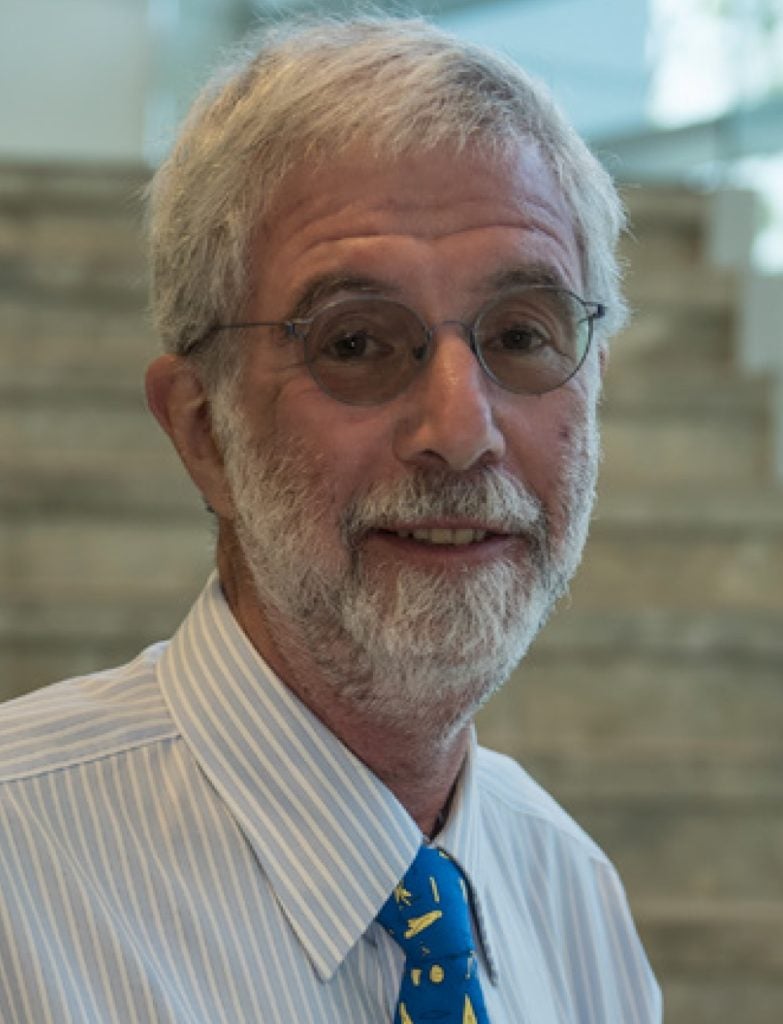
IRA LESSER, M.D.
Professor and Vice Chair, Department of Psychiatry and Biobehavioral Sciences
David Geffen School of Medicine at UCLA
Chair, Department of Psychiatry
Harbor-UCLA Medical Center
Dr. Ira M. Lesser has been an active investigator since completing his psychiatry residency at Harbor-General Hospital (now Harbor-UCLA Medical Center), working collaboratively with colleagues and receiving funding from federal, state, and industry sources. He is an investigator at The Lundquist Institute, a nonprofit biomedical research organization. Among other research, he was involved in the largest United States clinical trial for depression, overseeing his team who enrolled more subjects than any of the 40 sites across the country, including the highest number of participants from minority backgrounds. Over his career, Dr. Lesser has served as the Director of the Adult Outpatient Psychiatric Clinic and Director of the residency training program in Psychiatry at Harbor-UCLA Medical Center. He received his medical degree from the University of Pittsburgh School of Medicine and is board-certified by the American Board of Psychiatry and Neurology. Dr. Lesser has authored more than 125 peer-reviewed articles and chapters in books in the fields of mood and anxiety disorders, depression in the geriatric population, and the interface of depression and race/ethnicity. More recently, his publications have focused on educational and administrative issues. For more than 30 years, Dr. Lesser has chaired the Well-Being of Practitioners Committee at Harbor-UCLA Medical Center, is active in efforts to address issues of well-being for trainees and staff, teaches residents, reviews manuscripts for major psychiatric journals, and has been the recipient of several teaching awards from the psychiatry residents at Harbor-UCLA. He is a Distinguished Fellow of the American Psychiatric Association, received the Outstanding Achievement Award and President’s Award from the Southern California Psychiatric Society, was an awardee of the Exceptional Physician Award in 2017 from the David Geffen School of Medicine at UCLA, and honored as a Legend of The Lundquist Institute, which recognizes outstanding researchers for their groundbreaking discoveries and commitment to finding solutions to the world’s most urgent medical problems. 7

